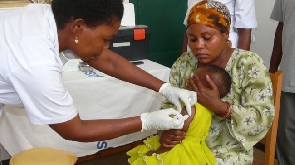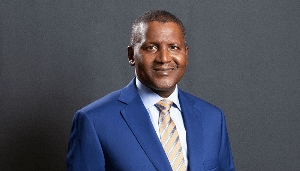Raphael Godlove Ahenu, the Chief Executive Officer of the Global Media Foundation (GLOMeF, has called on the Ghana Health Service (GHS) to top up measures to bring malaria under control as Ghana joins the world to observe World Malaria Day.
World Malaria Day is an international observance commemorated every year on 25 April and recognizes global efforts to control malaria. It is an internationally recognized day, highlighting the global efforts to control malaria and celebrating the gains that have been made.
GLOMeF a human rights and anti-corruption media non-governmental organization said since 2000, the world has made historic progress against malaria, saving millions of lives, however, half the world still lives at risk from this preventable, treatable disease, which costs a child’s life every two minutes
Globally, the World Health Organisation estimates that 4.4 billion people in 106 countries are at risk of malaria and after more than a decade of steady advances in fighting malaria, progress has levelled off.
According to the WHO’s latest World Malaria Report no significant gains were made in reducing malaria cases in the period 2015 to 2017. The estimated number of malaria deaths in 2017, at 435 000, remained virtually unchanged over the previous year.
In an interview with the Ghana News Agency (GNA) in Sunyani, Mr Ahenu regretted that progress in reducing national malaria burden had stalled and called for increase coverage of malaria control interventions particularly in urban slums.
He pointed out that Ghana could win the fight against malaria and achieve the Sustainable Development Goals on ending malaria by 2030, if the GHS keep malaria control high on its agenda, mobilize enough resources and empower communities to take ownership of the fight.
Malaria, Mr Ahenu observed remains both a major cause and a consequence of global poverty and its burden was greatest among the poorest and the most vulnerable members of society.
However, he said he was optimistic that with renewed focus and commitment “we can be the generation to end one of the oldest and deadliest diseases in human history”.
Health News of Thursday, 25 April 2019
Source: ghananewsagency.org

















